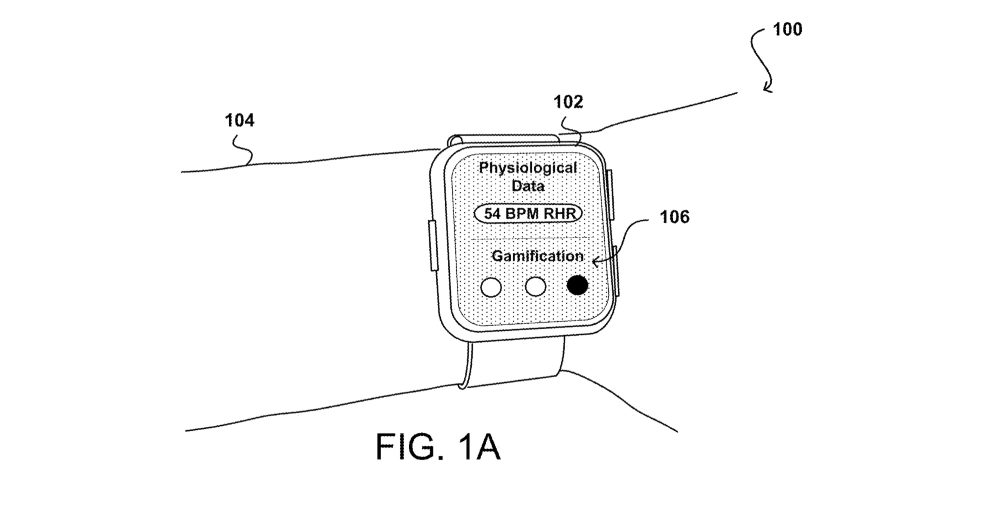Google working on a wearable tech to monitor your mental health

Fitbit and its parent company, Google, received patent rights for the concept of measuring or screening the user's mental health using data from a smartwatch or smartphone.
Originally filed back in 2021, the patent notes that "physiological variables" such as "heart rate, sleep data, activity level, [and] gamification data" can be used "to screen for and predict mental health issues and cognitive states."
Specifically, Fitbit would rely on "predictive modeling" and machine learning to figure out which health metrics tend to correspond with conditions like depression, bipolar disorder, seasonal affective disorder, or mental "degeneration" — and inform users if necessary.
It also could request user permission to analyze "text message and email data, as well as vocal data obtained through a phone and/or a microphone."
The patent explains the difficulty of creating an "automated and non-invasive" system, adding that such a system could more widely diagnose the population. In contrast, systems that rely on users to report their own mental states are prone to error or underreporting.
The patent shows one of the key elements of Fitbit's proposed monitoring system — on-watch games meant to test your "problem-solving ability, executive functioning, and attention readiness."
These games would last two minutes at most, and the results would help Fitbit's algorithm determine "relationships" between your body's physical and mental state. They give examples like your "mental state when caffeinated, how performance is based on sleep and/or food consumed, and how much stress the user is under."
Fitbit would then use the collected data to create a "probability score" of the likelihood of suffering from a condition and act on that data accordingly. For instance, it could ask for data permissions or send you a patient health questionnaire (PHQ-9) to diagnose your condition.
It is important to add that many smartwatches can already track stress levels, including Pixel Watch 2 and Fitbit Sense 2, but the proposed tech would bring this to a whole new level.
For instance, Fitbit Premium's Daily Readiness Score — which is currently focused on the wearer's physical energy and sleep quality — could one day expand into predicting one's mental state using the smartwatch's data for guidance.
Needless to say, all this sounds scary and a potential privacy nightmare. Then again, it could help some users feel better. Once again, we have a situation with no easy solutions. That's life. And modern tech, we would add.
💡Did you know?
You can take your DHArab experience to the next level with our Premium Membership.👉 Click here to learn more
🛠️Featured tool
 Easy-Peasy
Easy-Peasy
An all-in-one AI tool offering the ability to build no-code AI Bots, create articles & social media posts, convert text into natural speech in 40+ languages, create and edit images, generate videos, and more.
👉 Click here to learn more


